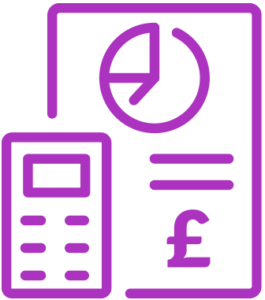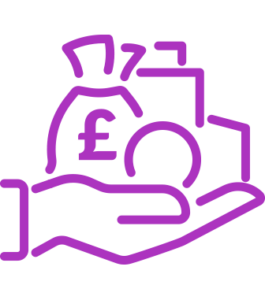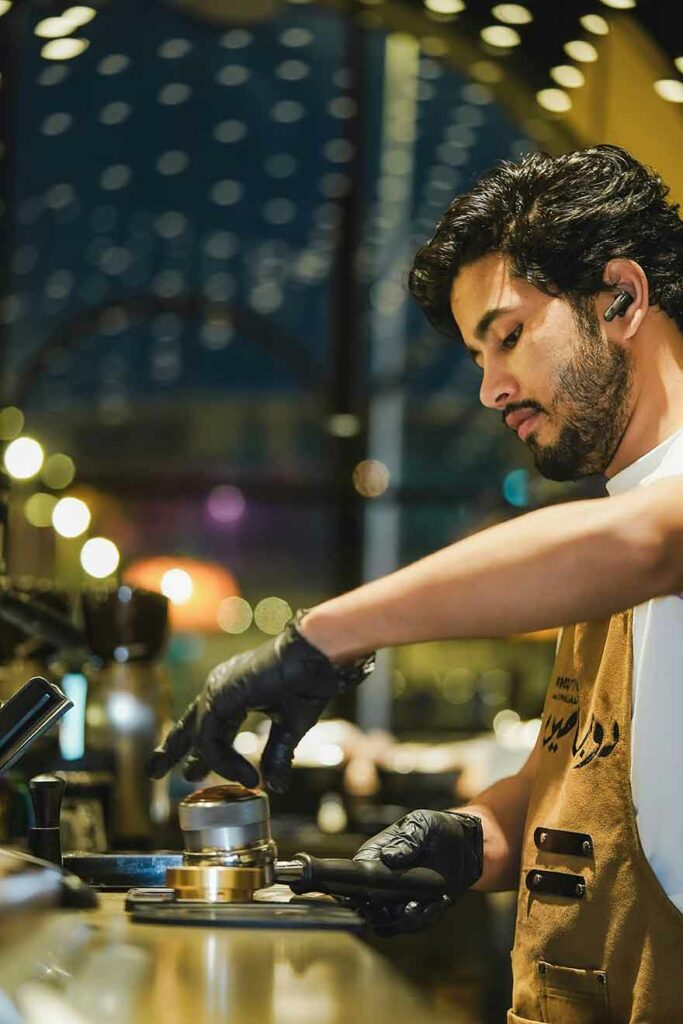“Knowledge is power,” and never more so for prospective café buyers. In an industry that runs on fine margins, you’ll want to ensure that everything is in tip-top shape before you shell out on your new business.
No one wants to discover that a local Starbucks is opening across the road, or that Jimmy the Head Barista is planning to up sticks and leave, just as the keys exchange hands.
In this article, CoGoGo sets out the top due diligence questions you should be putting to the vendor.

Lease conditions
Most cafés (86%) listed for sale on Daltonsbusiness.com are leasehold, meaning the owner rents the premises. When selling their business, they are transferring the right to lease the space, not ownership of the property itself.
Yet, lease conditions are one of the major sticking points for transactions involving retail and hospitality businesses.
If leasehold, how long is the lease and when does it get reviewed?
Look at the remaining term of the current lease. If there’s no more than a couple of years left, you’ll want to ensure that there is some guarantee of renewal.
Remember: property leases are complicated legal agreements, so it’s important to seek independent legal advice from a qualified professional before committing yourself.
What are the terms for lease renewal or extension?
You may wish to contact the current landlord to confirm their willingness to transfer the lease, and determine any conditions or fees associated with the lease transfer. You’ll also want to determine whether the lease has break clauses – which would allow either party to end the contract before its default end date. Leases involving personal guarantees and minimal break clauses can be a liability.
Is the rent less than ~10% of turnover?
Different figures are bandied about for appropriate rent-to-turnover ratios for cafes, however the average appears to be ~10% or 12% including business rates. Either way, ensure the target café’s ratio is financially viable, and think about how changes in turnover might affect affordability.

Financial due diligence
“How do I verify the accuracy of the accounts provided by the vendor?” is one of the most common questions that CoGoGo receives from worried buyers. Below are some of our top tips for greater peace-of-mind.
Do the figures reported in the accounts provided chime with other data?
When reviewing the accounts provided, cross-reference them with other data. For example, you may wish to request the VAT returns for the past two to three years and ensure the figures match the presented accounts. You could also verify food and drink expenses by reviewing suppliers’ statements and invoices.
Another area for scrutiny could be payroll records to ensure consistency with reported staff costs, and check overheads by asking for invoices related to rates, utilities, and other significant expenses.
Some diligent buyers even go so far as to conduct on-site customer counts and spend to verify reported turnover.
Have you got the latest available accounts?
Historical data isn’t worth much if you don’t also know how the café is performing in the present moment. Our advice? If the vendor is being coy about the business’ latest financial reports, be wary.
Is the purchase price justifiable?
Don’t be led astray by inflated price tags: it’s a well-known fact of human psychology that people overvalue assets that they own.
You should conduct an independent valuation of the existing business based on its financial performance, market position and growth potential. You may even wish to recruit the help of an experienced valuation professional who can determine the appropriate valuation methodology and provide a fair benchmark for price negotiations.

Commercial due diligence
No one wants to buy a café only to find that the £5k espresso machine has given up the ghost… That’s where commercial due diligence comes in. Commercial due diligence is the process of thoroughly evaluating a company’s business operations, market position, and commercial potential before putting down your investment.
What’s the company’s trading record?
If the company has only been trading for a matter of months and hasn’t built up a good trading record, the cost you’ll want to be paying for goodwill will be nominal.
If you are shelling out big bucks for goodwill, the café’s renown in the local area should be second-to-none – check the TripAdvisor, Google and/or Facebook reviews, and see what people are saying on social media.
Is the kitchen equipment all working and reliable?
In a café business, equipment like espresso machines, grinders, and dishwashers are central to operations and surprisingly expensive to replace. For example, a new professional espresso machine can cost more than a second-hand commercial van. It’s essential to know the reliability and age of the assets that you’ll be inheriting, especially if the purchase price is largely contingent on these key pieces of equipment.
What competitors are in the local area?
The local café landscape can make or break your new venture. How much local competition is there? How will your food-and-drink offering differ from theirs? Which customers do you plan to target and how? Bacon rolls aimed at local construction workers? Fancy spiced Chai lattes to bring in a more cosmopolitan demographic? Or on-the-go espressos and americanos for commuters?
What staff does the café operate with?
Staff are the lifeblood of any hospitality business and may be difficult to hire, especially in the current constrained labour market. As well as cooking up a storm in the kitchen, they will contribute to the overall “vibe” of your establishment and could make or break your reputation for customer service.
Our advice? Look at staff churn, average tenure, company reviews, and any employment manuals that the café have to hand.
Is there scope for growth or expansion?
If your strategy is to “buy-and-build” and you want to eke out the maximum amount of profit, think about the café’s prospects for growth.
Would the local market accommodate a hybrid café-bar, serving rich Colombian coffees by day and cheeky cocktails by night? Could the café be redesigned to accommodate more covers and create a more ergonomic behind-the-counter space? Could you extend opening hours to target busier times?
What margins does the business currently operate on? Is there scope to improve this by sourcing new suppliers or overhauling the menu?
Start your Cafe Business Journey with us
Liabilities
If you are buying the café’s shares rather than its assets, you’ll also be inheriting all its liabilities as well. Ensure that there are no skeletons lurking in the closet well before you sign on the dotted line.
Are all unpaid bills disclosed, and are there any outstanding legal issues or disputes?
Ask the vendor whether all outstanding financial obligations have been disclosed, including overdue supplier invoices, utility bills, rent, wages, and taxes.
It may seem unlikely, but probe into whether there any ongoing or pending legal disputes involving the café, such as employee grievances or landlord disputes. Has the café been subject to any regulatory investigations or fines? If there are any unresolved issues, what is the status, and what are the potential financial and reputational risks?
What equipment is on hire/lease, i.e. tills, kitchen equipment, fridges, freezers, credit card terminals, scales, etc.?
Leasing or hiring equipment rather than owning it outright can complicate the purchase. You need to understand the terms of these agreements and the ongoing financial commitments tied to them.
What ongoing arrangements/deals have been made with suppliers?
If applicable, ask for copies of all existing supplier contracts, including terms, pricing structures, and volume commitments, and exclusivity clauses. Are there any special deals or credit terms that the café enjoys? Are these arrangements likely to continue after ownership changes, or will they need to be renegotiated?
Other considerations
What licensing and regulations will you need to be aware of?
Once you take ownership of the café, you’ll be responsible for ensuring legal compliance and maintaining the necessary licenses.
For example, if you plan to sell hot food, the premises must be A3 registered according to local planning regulations. You must also follow food labelling laws, including use-by dates and allergy information. The Food Standards Agency (FSA) oversees food hygiene and safety and can provide further guidance.
If you’re unsure about any requirements, contact your local council for advice on staying compliant with the law.
What is the reason for sale?
The owner’s reason for sale may tell you a lot about the health of the business. A sale motivated by retirement, relocation, or a desire to pursue new ventures might indicate that the business is stable and profitable.
On the other hand, if the owner is selling due to declining revenues, operational difficulties, or increased competition, it could be a red flag that the business is struggling.


